Tamil tops the Indian Language Articles in Wikipedia leaving Hindi, Sanskrit and Punjabi behind
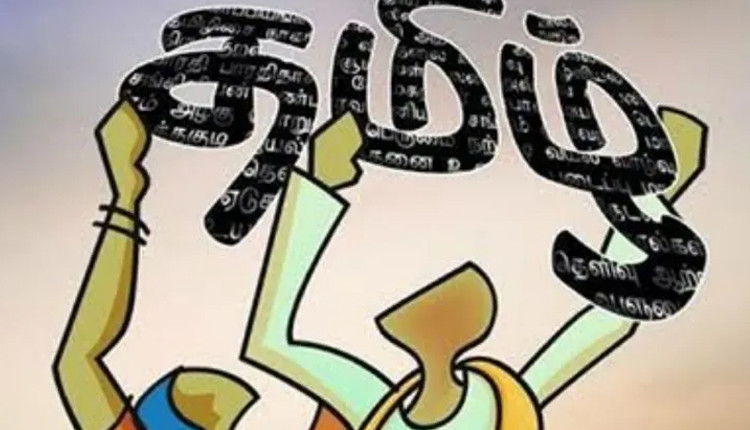
The Tamil Language has won first place in the Indian Language Articles Competition conducted by the Wikipedia Foundation and Google.
The competition, which has been going on for the past three months, which has been a hotbed of competition among many languages including Tamil, Hindi, Punjabi, Marathi, and Urdu. In this context, the Tamil language tops not only the maximum number of articles but also the number of participants during the competition.
If you search for any topic in any search engine, including Google, Wikipedia is often the first result. Wikipedia, a free encyclopedia, has articles on countless topics in most of the world's languages.

From industry experts to the general public, anyone can create a new topic on Wikipedia or add more information to existing articles. They will be published later in the appropriate instructions.
In this case, for the second consecutive year Wikipedia - Google is aiming to create more content in the Tamil language over the Internet for a period of time.
It's called Tamil Vengai Program 2.0. In English it is called as Tiger, the tournament was carried out from October 10 to January 10 for three months continuously.
In the first year of the 2018-2019 competition, Tamil language, which has been among the most widely written Indian languages since its inception, But the Punjabi language topped in the last stage.
The event, which has been ongoing for three months, was announced just days before the final result. Accordingly, the Tamil language topped the list with 2,959 articles, followed by Punjabi (Gurmukhi script) with 1768 articles, followed by Bengali, Urdu, Sandali, and Hindi. In India, which is the most content language on the internet for India, there are 265 articles out of 417, while the Tamil language has 2,542 more articles.
"The basic rule is that an article must contain at least 300 words. The article must contain sufficient evidence. Mechanical translations are not accepted; there should be no copyright issues.

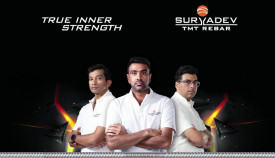
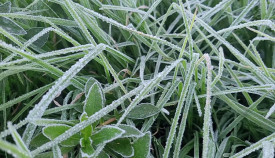





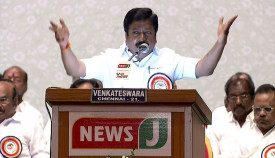

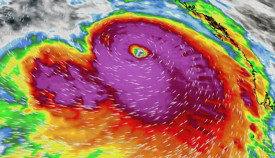

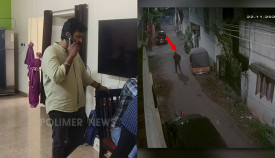
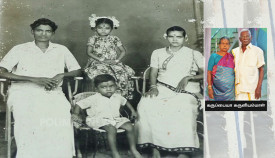

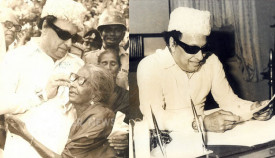

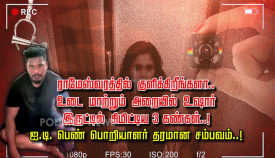

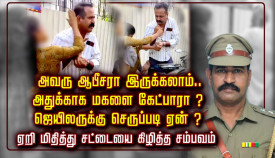

Comments